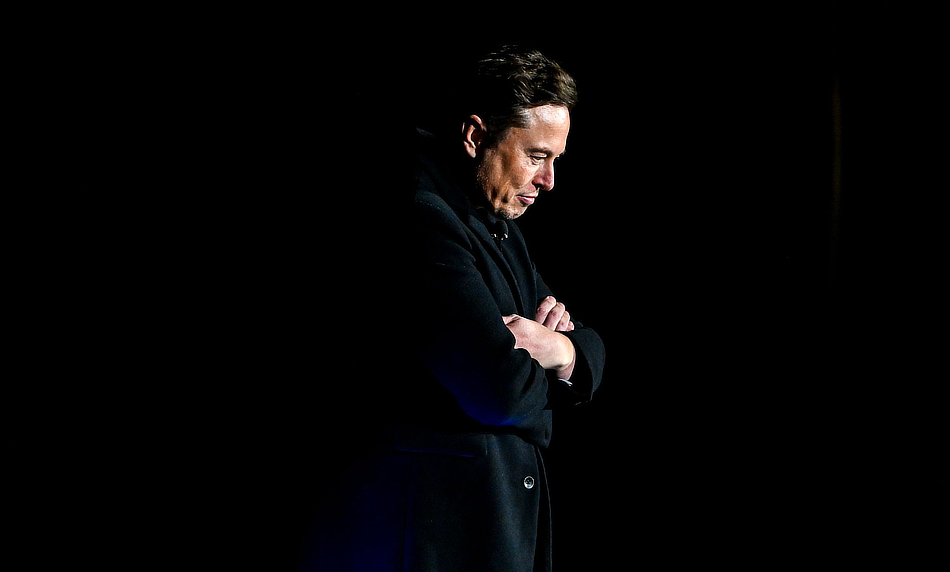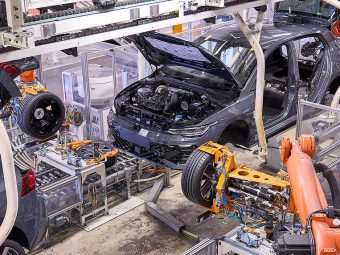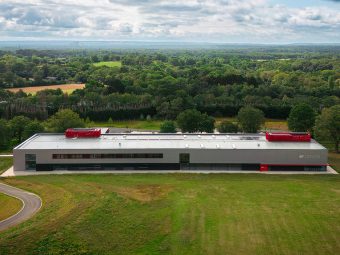Tesla’s rise to the top was nothing short of astonishing, but the once seemingly endless bull-run now appears to be slowing.
Tesla’s nearly 7% drop in premarket trading is not just a market fluctuation—it’s a warning signal of deeper structural problems at the heart of the company’s business model. For years, Tesla was propped up by speculative enthusiasm, state subsidies, and the myth of Elon Musk as an infallible innovator. Now, with sales declining, revenue falling for the second straight quarter, and incentives drying up, the cracks are becoming harder to ignore.
CEO Elon Musk admits “a few rough quarters” are ahead. Translation? Tesla is now struggling with the basic contradiction of trying to endlessly expand in a finite and volatile market. The company is betting on a cheaper vehicle and risky projects like robotaxis and humanoid robots—initiatives that may not generate profit for years, if ever. This is the capitalist tendency to chase hype over stability, growth over sustainability.
And while Tesla faces mounting competition from low-cost Chinese EV makers, it must also contend with Musk’s own political posturing—his increasingly far-right views alienate consumers and damage the brand. That’s the problem with tying a corporation to a single, unchecked billionaire: when his credibility falters, so does the entire enterprise.
As Musk’s trust declines, so does Tesla’s brand equity. The company is no longer the shining star in a now-mature EV market. And investors are noticing—Tesla stock is down 18% this year, the worst among the so-called “Magnificent Seven.”







